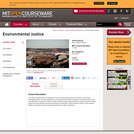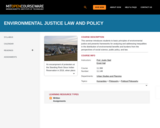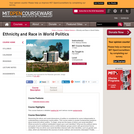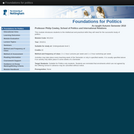
Students will consider the different ways that humor can be used by a writer to criticize people, practices, and institutions that he or she thinks are in need of serious reform. Students will read satirists ranging from classical Rome to modern day to examine how wit can be used to make important points about culture.
ACCOMPLISHMENTS
Students research an aspect of modern life that they would like to lampoon.
Students read from satirists across history to absorb the style and forms of humor and institutions satirized.
Students write their own satire, drawing on techniques of famous satirists to criticize their targets.
GUIDING QUESTIONS
These questions are a guide to stimulate thinking, discussion, and writing on the themes and ideas in the unit. For complete and thoughtful answers and for meaningful discussions, students must use evidence based on careful reading of the texts.
What is satire, and when is it too harsh?
How can humor and irony make you more persuasive?
What do you think is funny? How far would you go to satirize it?
Who gets more reaction—satirists or protestors?
- Subject:
- English Language Arts
- Reading Informational Text
- Reading Literature
- Speaking and Listening
- Material Type:
- Unit of Study
- Provider:
- Pearson






